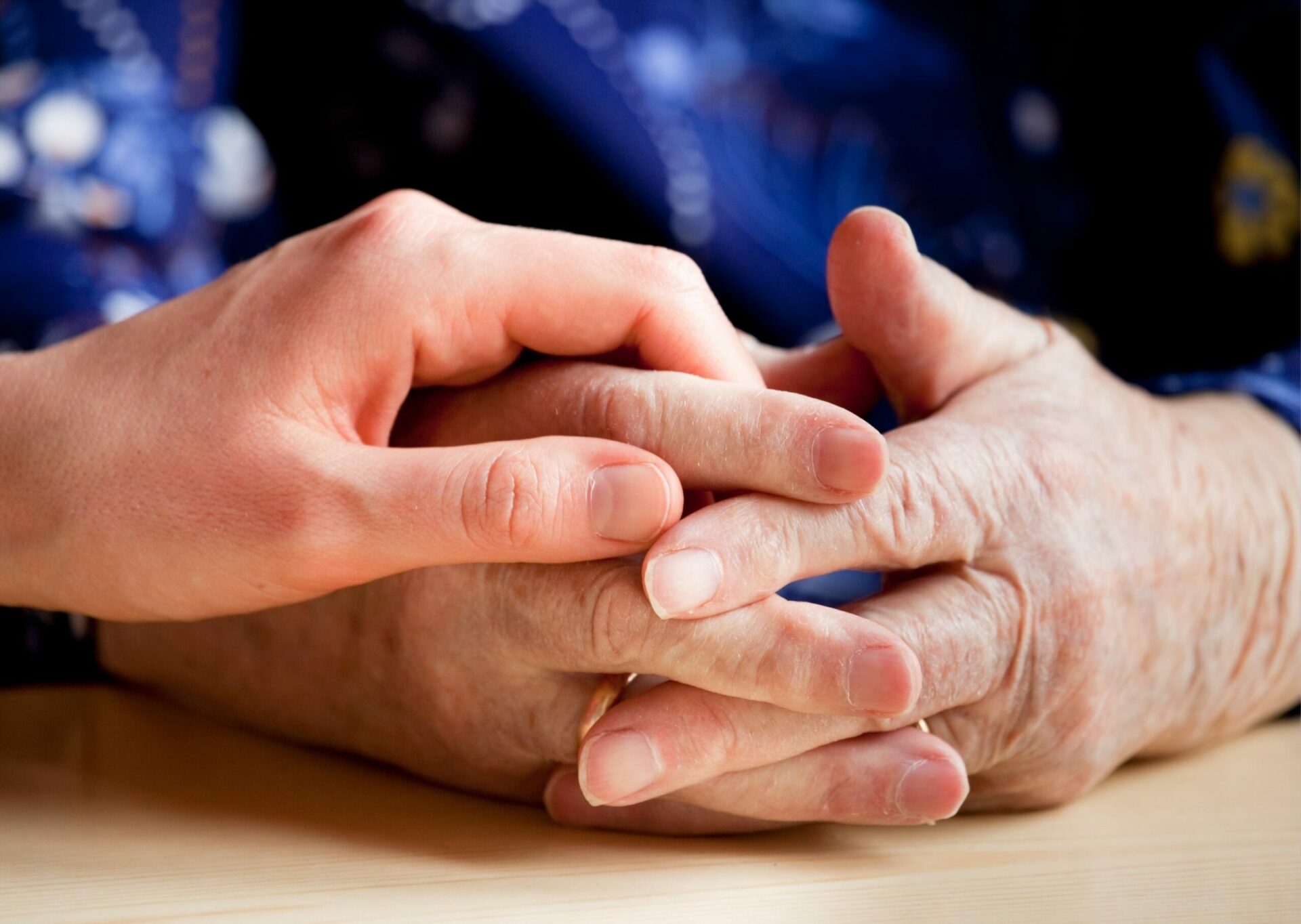Rachael’s recent interview with psychotherapist, Julia Samuel, explored many issues associated with ‘Anticipatory Grief’.
Anticipatory Grief is grief that is experienced by families whilst a person is still alive. For people with dementia, this type of grief is characterised by multiple losses which occur as the person’s condition worsens and causes greater difficulties and dysfunctions
Family roles and relationships change. Family carers face an unpredictable future. There are new challenges week after week and the emotional and physical demands take a toll on their health. Loss of the companionship of a life partner – loss the future that might have been – is particularly tough to bear for carers. Healing is inhibited and recovery put on hold because the ‘lost’ companion is still there, still looking like they always did, still ever present and in need of constant support and unconditional love. This makes grief complicated for family carers, the grieving process is disrupted, powerful feelings become buried and remain unresolved.
It is widely recognised that the emotional demand of caring has a significant impact on the mental health of family carers. Taking care of one’s own needs is vital – but this is harder said than done. Many carers become so absorbed with caring tasks, making every effort to pre-empt problems and meet the needs of the person they are caring for – whilst also running a household, managing finances, keeping in touch with family members – they lose sight of their own needs and wishes, and even their sense of individual identity.
Seeking support is crucially important. Family carers do not set out to become carers. It’s a role that develops from a pre-existing relationship – spouse, daughter, son, sibling. Many carers do not describe themselves this way; they take on caring responsibilities because they want to, or because they love their relative, or because it’s expected of them. Maybe it’s for a mix of these reasons, maybe for other reasons too. It’s natural to feel ambivalent about being a carer.
Caring can also be a hugely rewarding experience. I have known family carers reflect on how dementia has enabled deeper connections with their loved-one, revealing insights hitherto unseen and opening up new possibilities.
One couple I knew – Graham and Sarah – took every opportunity to participate in activities designed to help people with dementia and family carers to engage in the arts, culture and nature.
Caring can also be a hugely rewarding experience. I have known family carers reflect on how dementia has enabled deeper connections with their loved-one
Graham had dementia, Sarah was his primary carer. For five years after Graham’s diagnosis, they had the busiest time of their 30 years of married life, doing everything together. They re-discovered each other’s qualities and learnt now things about themselves. Their relationship developed in ways that would never have been possible if their lives had carried on as before.
Graham has now died. Sarah reflects on the roller-coaster journey. Naturally she is heartbroken to have lost him, but she doesn’t regret what happened. Of course, she wishes that Graham had never developed dementia, but, given that he did, she says, “We had the most wonderful 5 years together, explored new places, met so many wonderful people. It’s been bitter-sweet, beautiful turmoil”.
Join over 8,000 members on our Facebook Dementia Support Group. There you will find support, advice and tips from families caring for a loved one living with dementia – learn more here
One of the most positive benefits for Sarah was meeting other carers. Of all the help she received, the support of other carers was the greatest source of strength. Several carers that Sarah met through dementia organisations and support groups are now her friends in her life in recovery. The shared experience of caring for, and ultimately losing, a loved one with dementia is meaningful and sustaining.
Please do contact me if you would like to share your experiences of caring for a relative with dementia in a blog for Lifted, or in confidence with me: barbara@liftedcare.com
SHARE
Explore more




